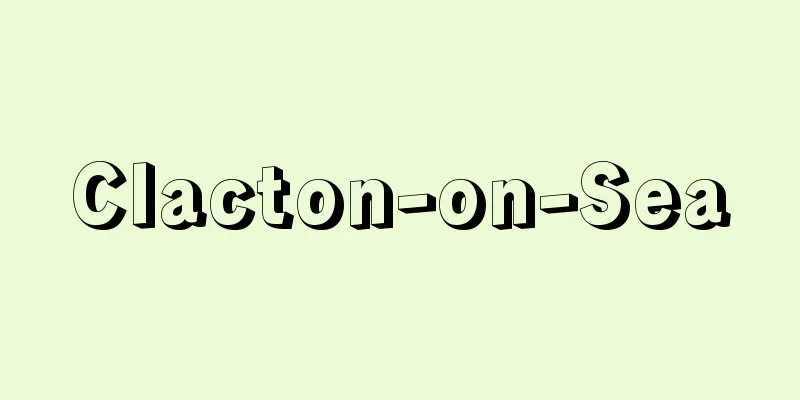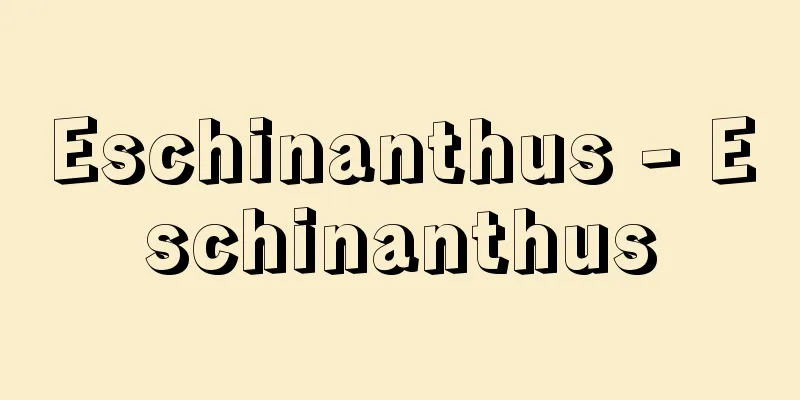Drawing paper - Gayoushi

|
Although it is a paper used widely for painting, such as watercolor painting, drawing, and printmaking, there is no strict distinction between it and other paper uses, and historically, all kinds of paper have been used for drawing since papyrus. In modern times, there has been an abundance of paper produced specifically for painting, and these are generally called drawing paper. Drawing paper is adjusted to have an appropriate surface roughness, water absorbency, thickness, etc. depending on the purpose, such as watercolor, drawing, and printmaking. In watercolor painting, the most important factor in determining the effect is water absorbency, depending on whether transparent or opaque watercolor is used. In ink drawing, in addition to water absorbency, a moderate resistance to various pens is necessary, and in conté, charcoal, pastel, and pencil drawing, resistance to each medium, particle adhesion, and residual properties must be considered. However, the suitability of these properties depends on the artist's preferences and the effect desired, so it is not possible to make a blanket statement. In some cases, special surface treatment is required to increase resistance to the medium, such as silver-pencil drawing, which was popular mainly during the Renaissance. Since the second half of the 19th century, much paper has deteriorated and aged quickly due to the raw materials, processes, and additives such as bleach and binders used in mass production, but preservation quality is the most important consideration when manufacturing drawing paper. [Haruki Yaegashi] Source: Shogakukan Encyclopedia Nipponica About Encyclopedia Nipponica Information | Legend |
|
水彩画、素描、版画など広く絵画に用いる紙をさすが、他の用途の紙と厳密な区別はなく、歴史的にはパピルス以来あらゆる紙が絵をかくのに使われてきた。近代になって、とくに絵画用に生産される紙が豊富になり、一般にはこれらを画用紙とよぶ。画用紙は、水彩、素描、版画などの各用途に応じて、表面のざらつき、吸水性、厚薄などが適度に調整されている。水彩画では、透明水彩か不透明水彩かにもよるが、吸水度が効果を決めるもっとも重要な要素である。インクの素描では、吸水度のほかに各種のペンに対する適度の抵抗が必要であり、コンテ、木炭、パステル、鉛筆の素描では、それぞれの画材に対する抵抗や粒子の付着性、残存性などが考慮されなければならない。しかし、これらの性質の適・不適は、画家の好みや求める効果にもより、一概に断ずることはできない。ルネサンス時代を中心に流行した銀筆の素描のように、画材に対する抵抗を高めるために特殊な表面処理が必要な場合もある。19世紀後半以降、大量生産のための原料、工程、漂白剤やバインダー(つなぎ材)などの添加物が原因で変質・老化の速い紙が多いが、画用紙の製造には保存性がもっとも考慮されなければならない。 [八重樫春樹] 出典 小学館 日本大百科全書(ニッポニカ)日本大百科全書(ニッポニカ)について 情報 | 凡例 |
<<: Vocal Imitation - Vocal Imitation
Recommend
Panagjurište (English spelling)
…Levski and others established the Central Commit...
Isotonic contraction
This refers to muscle contraction when the force (...
quantitative analysis
…Chemical analysis is the process of clarifying w...
Ejector - Ezektor
…Mechanical vacuum pumps are similar to general g...
Roth, R. (English spelling) RothR
…In 1816, F. Bopp (1791-1867), who studied under ...
Avestan - Avestan
Along with Old Persian, it is the language in whic...
Oide Weir - Oide Weir
...This branch became the new main stream in the ...
How to put together a kinuta
...It starts with an introductory tune in the mai...
Gas suicide - gasujisatsu
...When someone dies in the mountains or elsewher...
Yoshioka [Hot Springs] - Yoshioka
This hot spring is located in a valley 2km south o...
Satsuo Yamamoto
Film director. Born in Kagoshima City. Due to lef...
experiment
...Therefore, in order to verify a hypothesis tha...
Amatsu Otome
Actress. Her real name was Eiko Torii. In 1918 (T...
Ākhūndzāde (English spelling)
1812‐78 Azerbaijani literary figure. Born in Sheki...
picrotin
…A convulsive toxin contained in the seeds of Ana...









![Kazusa [town] - Kazusa](/upload/images/67cb379be23e0.webp)